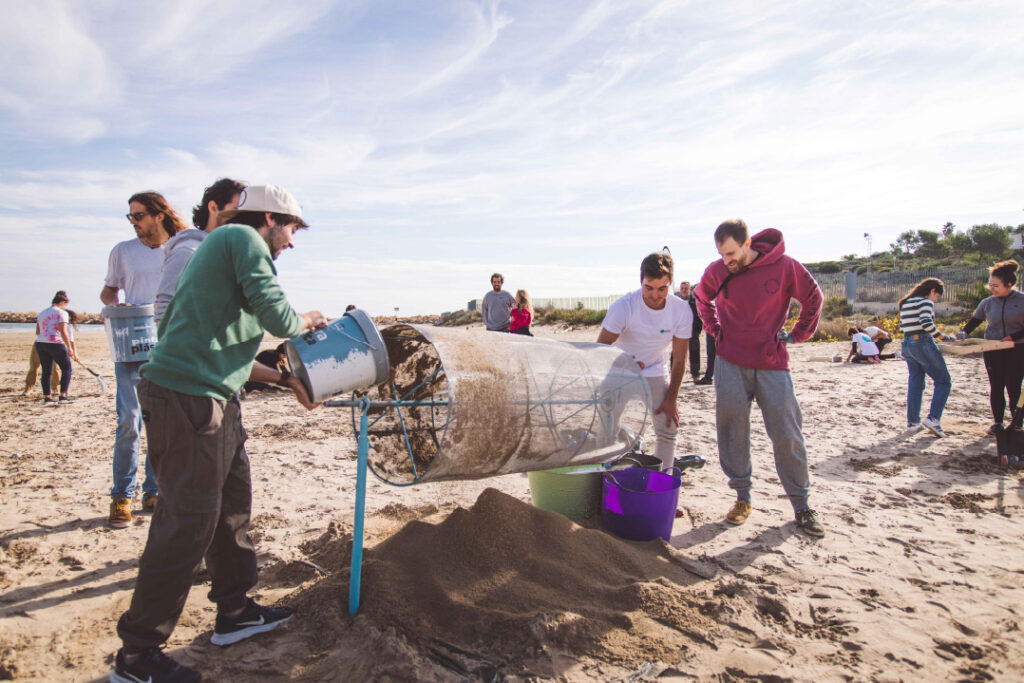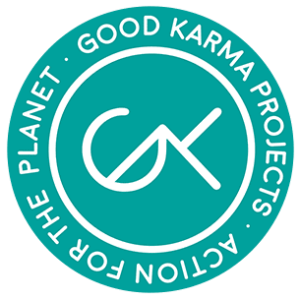This Saturday 13th November, 50 volunteers participated in the beach clean-up organised together with Surfrider Foundation Europe and with the collaboration of Vilaseca Town Council, to denounce the presence of plastic pellets on the beach of La Pineda.

Pellet contamination in the area is recurrent and constant. The pellets that are found are of different colours and shape, as a result of various spills and continuous losses by the companies in the area. In fact, Tarragona and Barcelona have approximately 70% of Spain’s plastics production industry. According to data from the Chemical Business Association of Tarragona, 19.3 metric tonnes of plastic were produced in Tarragona in 2017.
Thanks to this machine created together with Surfrider, we removed 800,000 plastic pellets from the beach. But this would be only a small part of what is on the beach. Calculations show an accumulation of approximately 1000 pellets per square metre in the area we sampled.
What are pellets? Plastic pellets, also known as mermaid tears, are small spheres (typically less than 5 mm) that are used as raw materials in the manufacture of plastic articles. Due to the lack of regulation in the value chain and bad practices, pellets are lost in the different stages of the plastic production and distribution chain (production, transport, recycling…). At European level, pellets are the second source of primary pollution by microplastics.
At Good Karma Projects we began investigating this problem in 2018, after the appearance of 120 million of these pellets on this same beach in La Pineda. However, these spills are not new and have been going on since petrochemicals came to the area 50 years ago. Since then, no company has been held responsible for the discharges that have continuously and repeatedly affected the Tarragona area and have spread throughout the Mediterranean region, reaching surrounding areas and impacting exceptional biodiversity hotspots such as the Balearic Islands and the Ebro Delta. Watch here the short documentary #chasingpellets that we filmed this summer.
Some industry actors have been trying to address the problem by promoting a series of best practices through the “Operation Clean Sweep” initiative. The initiative is voluntary and non-binding, and has proved incapable of acting efficiently, given the situation. Take a look at the European report presented by Surfrider which includes the case of Tarragona.
“We believe that actions such as this weekend’s are important for the follow-up of this problem that affects us all and that has gone unnoticed for too long. It is necessary that the administration and the companies involved take the necessary measures to put an end to this serious environmental problem”.
This issue has been brought to the attention of the Spanish Ministry of Ecological Transition and Demographic Challenge, as well as the European Commission. We call for legislation on the loss or dumping of this waste, as currently there are only good practice programmes that are voluntary and there is no regulatory framework for this environmental problem.

